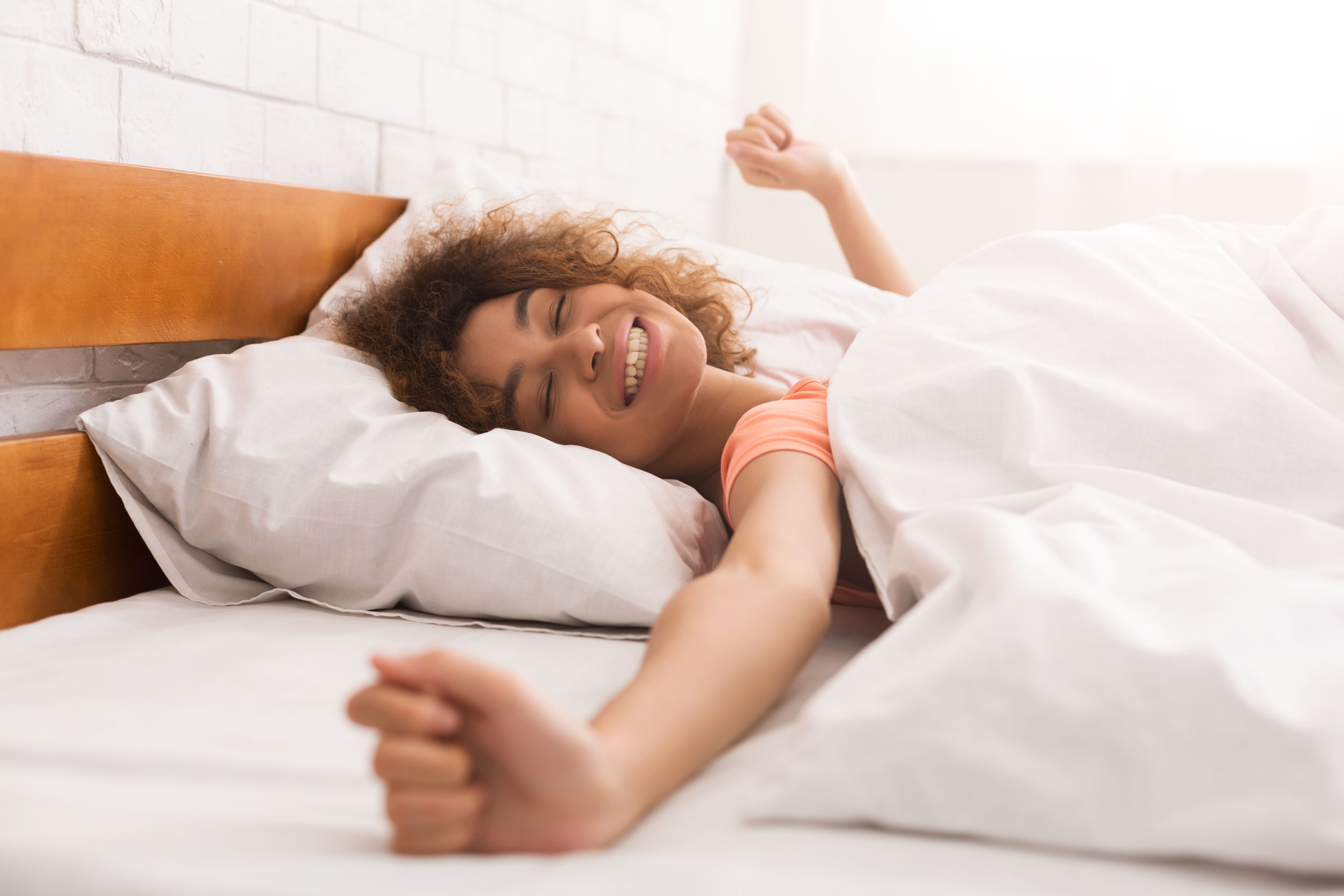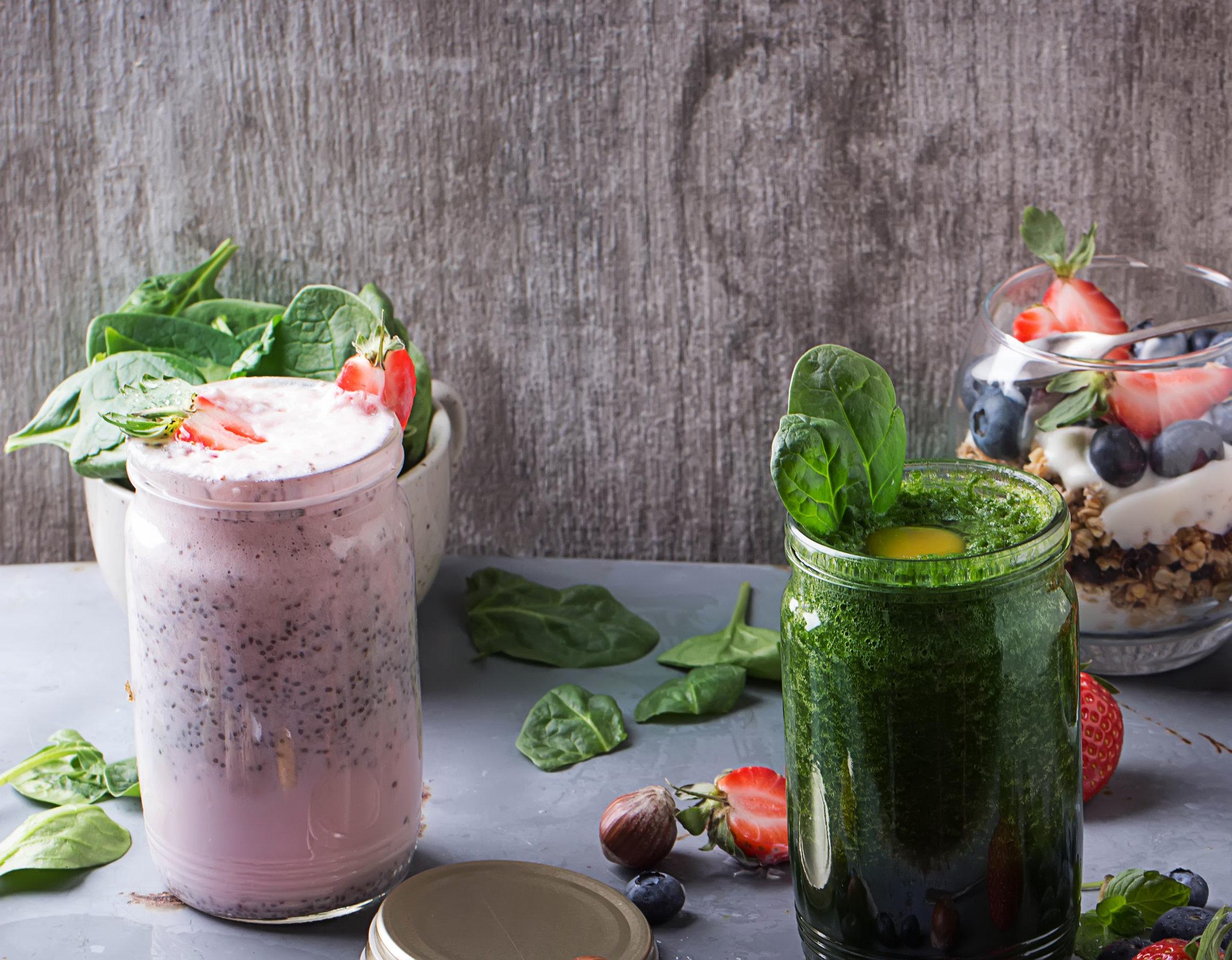”Georgia, what would you include in your definition of health? Sleep, nutrition, and our water intake all interact to create our sense of wellness. You can learn more in this week's article. We hope you learn something new!
Reading Time: 8 Minutes
MWi Hacks:
- Learn about foods that might be keeping you awake
- Understanding the combination of food, water, and sleep can improve your wellness and readiness
MWi Summary:
- Exercise, diet, and sleep create the foundation for long-term health and well-being.
- A diet that supports good sleep is rich in fruits, vegetables, whole grains, lean proteins, and dairy.
- Certain foods can cause disordered sleeping such as high-sugar, high-carbohydrate, and heavily processed foods.
- It is best to avoid alcohol and caffeine before bed because both greatly disturb your sleep.
Diet and Sleep: Relationship Between Nutrition and Sleep
If you’ve been counting calories and hitting the gym but staying up all night to finish those Netflix marathons even with those blue light glasses on, you could be impeding your own progress. To get your body to its prime operating level, you need to balance your exercise, food, and sleep schedule. Together, exercise, diet, and sleep create the foundation for long-term health and well-being. Working hand in hand, a healthy diet can help you fall asleep fast, enhance sleep quality and duration, and getting consistent high-quality sleep can actually help you eat better. Research shows that when sleep-deprived, you’re more likely to consume foods high in calories, fat, and sugar. In this article, we’ll go over what an optimal sleep-promoting diet should look like, what things to avoid before bed, and how to harness your diet to get a great night’s rest.
What Should Your Sleep Diet Look Like?
Broadly speaking, your sleep diet looks very much like a diet that you’ve been using to try to lose weight. A sleep-promoting diet is varied and rich in fruits and vegetables and whole grains, lean proteins, and dairy. Be wary of supplements for sleeping as many are not as effective as advertised. A diet healthy for sleep also manages portion size, and limits amounts of high-sugar and heavily processed foods you take in each day. Nutrients found in a range of healthy foods provide particular benefits to sleep.
Are there Foods that Keep You Awake?
While many foods are healthful to sleep, other foods can actually cause trouble sleeping. Foods that can interfere with sleep include high-sugar, high-carbohydrate, heavily-processed foods. The same junk food that’s problematic for your waistline can also be troublesome to your sleep. Eating sugary foods throughout the day can cause pronounced changes to blood sugar, which can bring on feelings of fatigue that can alter your daily routine and your sleep patterns at night. Large meals high in carbohydrates can have a similar effect on blood sugar. Eating heavy meals close to bedtime interferes with the body’s process of winding down for sleep.
Should You Eat and Drink Before Bed?
That said, it’s not a good idea to go to bed hungry. An empty, rumbling stomach can be distracting, and make it more difficult to fall asleep. Some foods containing what some refer to as the “turkey hormone” tryptophan may also help.
Still, it’s best to avoid large meals close to bedtime. Being too full at bedtime can also interfere with falling asleep, and sleep quality through the night can be disrupted as the body works to digest. If you must eat before bed, a light snack like yogurt, a banana, a small bowl of low-sugar cereal, or even a nighttime smoothie for weight loss is a smart choice.
You do want to drink as much water as you can. Staying hydrated throughout the day promotes alertness and focus, and can help minimize shifts in energy levels. Dehydration leads to feeling sluggish and tired, which can eventually disrupt sleep patterns.
By the time you feel thirsty, chances are, you are already dehydrated. Drinking water throughout the day can help you maintain energy levels and avoid dehydration, setting you up for a good night’s sleep later. Avoid adult beverages late in the afternoon as alcohol increases snoring and can worsen sleep apnea. Other drinks like tea and juice can also help keep you hydrated, but it’s best to limit sugary drinks or avoid them altogether.
Consuming sugary or caffeinated drinks can give a boost of mental clarity and alertness that’s important to many people, especially in the morning. But, according to the National Sleep Foundation, caffeine when consumed in too-large quantities, and too late in the day, can interfere with your sleep.
If you’re looking for a warm beverage minus the caffeine, there are a variety of caffeine-free alternatives you can try!
When creating a plan for a healthier lifestyle, don’t just think about your waking health. Make your sleep health a factor too. Selecting food and sleep drink choices that are good for your waistline and your evening shut-eye will yield amazing rewards in no time at all.
MWi would like to thank Sleep Score Labs, for their expert insights that we were able to share with our community. To read the original article go to:
https://www.sleepscore.com/eat-well-sleep-well-how-diet-affects-your-sleep/
More on the Author:
We’re sleep experts from institutions like ResMed, Harvard, and Apple driven by a shared purpose: to unlock human potential through the power of sleep.
After studying millions of hours of sleep for over a decade, we’ve applied what we learned to our technology and the products we recommend. Sleep affects how you feel, your productivity and even your creativity. Over time a lack of sleep can affect our mental health and ability to manage our weight. It can also increase our susceptibility to disease.
So we’re doing everything we can to help you get good sleep.
We created a curated store of sleep products that we’ve tested and scored to ensure they help you sleep better. And we developed the world’s most accurate sleep app which measures your sleep and offers personalized advice and product recommendations.






